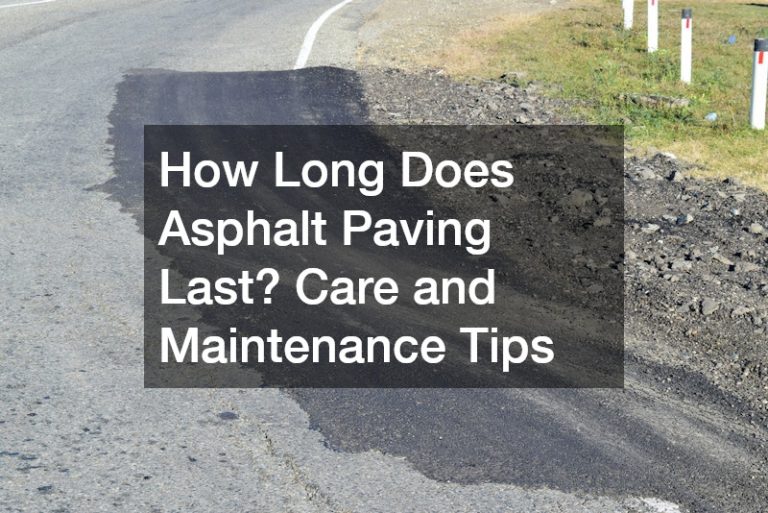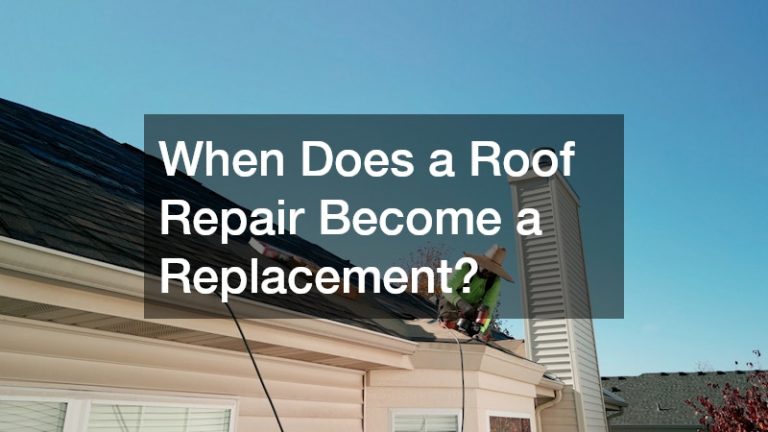
When it comes to maintaining your home, the driveway is an essential but often overlooked component. It’s the first thing people see when they visit and the last thing they use as they leave. But how do you know when it’s time to replace your driveway? Here are some key indicators and considerations to help you decide. Ensuring your driveway is in good condition not only enhances your home’s curb appeal but also prevents potential safety hazards.
Signs You Need to Replace Your Driveway
Cracks and Potholes: Over time, driveways can develop cracks and potholes due to weathering, the freeze-thaw cycle, and the weight of vehicles. Small cracks can often be repaired, but larger cracks and multiple potholes might signal that a replacement is necessary.
Drainage Issues: If water pools on your driveway or flows toward your home, it can cause significant damage over time. Proper slope and drainage are crucial to protect the structural integrity of both your driveway and your home’s foundation.
Age: Driveways typically last between 15 to 20 years, depending on the material and weather conditions. If yours is nearing or has surpassed this age, it might be time to consider replacement, especially if you’re noticing other issues.
Fading and Staining: Constant exposure to the elements can cause your driveway to fade and stain. While sealing can protect and extend its life, excessive fading and staining can detract from your home’s curb appeal and might require a more comprehensive solution.
Surface Erosion: Over time, the surface of your driveway can erode, particularly if it’s made of gravel or asphalt. This erosion can lead to roughness, making the driveway less functional and aesthetically pleasing.
Types of Driveways and Their Lifespans
When considering replacement, it’s also important to understand the different types of driveways and their typical lifespans:
Asphalt: Popular due to its affordability and black, sleek appearance. With proper maintenance, an asphalt driveway can last about 20 years.
Concrete: Offers a longer lifespan of up to 30 years. Concrete is durable but can be susceptible to cracking in freezing weather.
Paver: Made from bricks, cobblestones, or natural stones. This type of driveway is extremely durable and can last more than 30 years with minimal maintenance.
Gravel: One of the cheapest options and easy to install. However, gravel requires regular upkeep and has a shorter lifespan compared to other materials.
The Replacement Process
Replacing a driveway is a significant project that involves several steps:
Removal of the Old Driveway: This includes breaking up the existing material, which can be labor-intensive and requires specific tools.
Preparation of the Base: This is critical as it involves leveling and compacting the soil beneath the driveway to prevent future issues.
Installation of the New Driveway: Depending on the material chosen, this process will vary in complexity and time.
Curing and Sealing: Particularly important for concrete driveways, which need time to cure before they can be fully used.
Considerations Before Replacing Your Driveway
Cost: Replacement is more costly than repair, so it’s important to budget accordingly. The cost will vary depending on the size of your driveway and the materials used.
Permits: Some localities require permits for driveway work. Check with your local building authority to avoid any legal issues.
Time: Consider the time of year when planning your replacement. Most driveway materials are best installed in moderate temperatures.
Contractor Selection: Choosing the right contractor is crucial. Look for someone with good reviews, proper licensing, and a portfolio of completed driveways.
Alternatives to Replacement
If your driveway only shows minor wear and tear, alternatives to a full replacement might be a viable option:
Resurfacing: For asphalt driveways, resurfacing can provide a new top layer that can last for several more years.
Sealing: Regular sealing can extend the life of both asphalt and concrete driveways by protecting against weather and chemical damage.
Patching: Small areas of damage might be repairable with patching, thus extending the overall lifespan of the driveway.
Deciding whether to replace your driveway involves considering its current condition, the cost implications, and the type of material best suited for your needs. If you’re experiencing significant problems like deep cracks, potholes, or drainage issues, replacement might be the best choice. However, for minor issues, repair or resurfacing could be adequate. With proper care and maintenance, your new driveway can enhance your home’s functionality and curb appeal for many years to come. Always consult with a professional to evaluate the extent of damage and the best course of action tailored to your specific situation.
Watch the video above to learn more and determine if you need a replacement driveway installation!.



